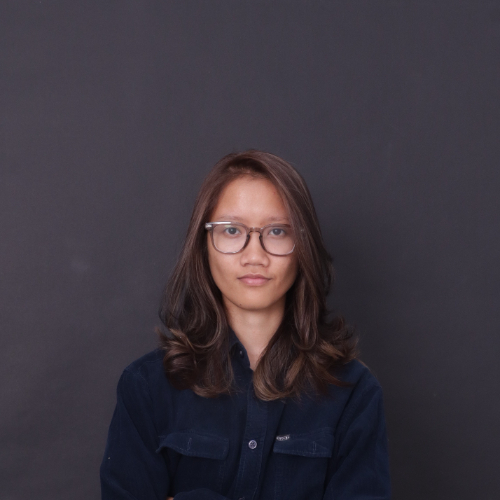Audio Presented by

Freshly-served columnist, blending arguments and pouring thoughts on AI, startups, and philosophy.
Story's Credibility

About Author
Freshly-served columnist, blending arguments and pouring thoughts on AI, startups, and philosophy.

Freshly-served columnist, blending arguments and pouring thoughts on AI, startups, and philosophy.

Freshly-served columnist, blending arguments and pouring thoughts on AI, startups, and philosophy.